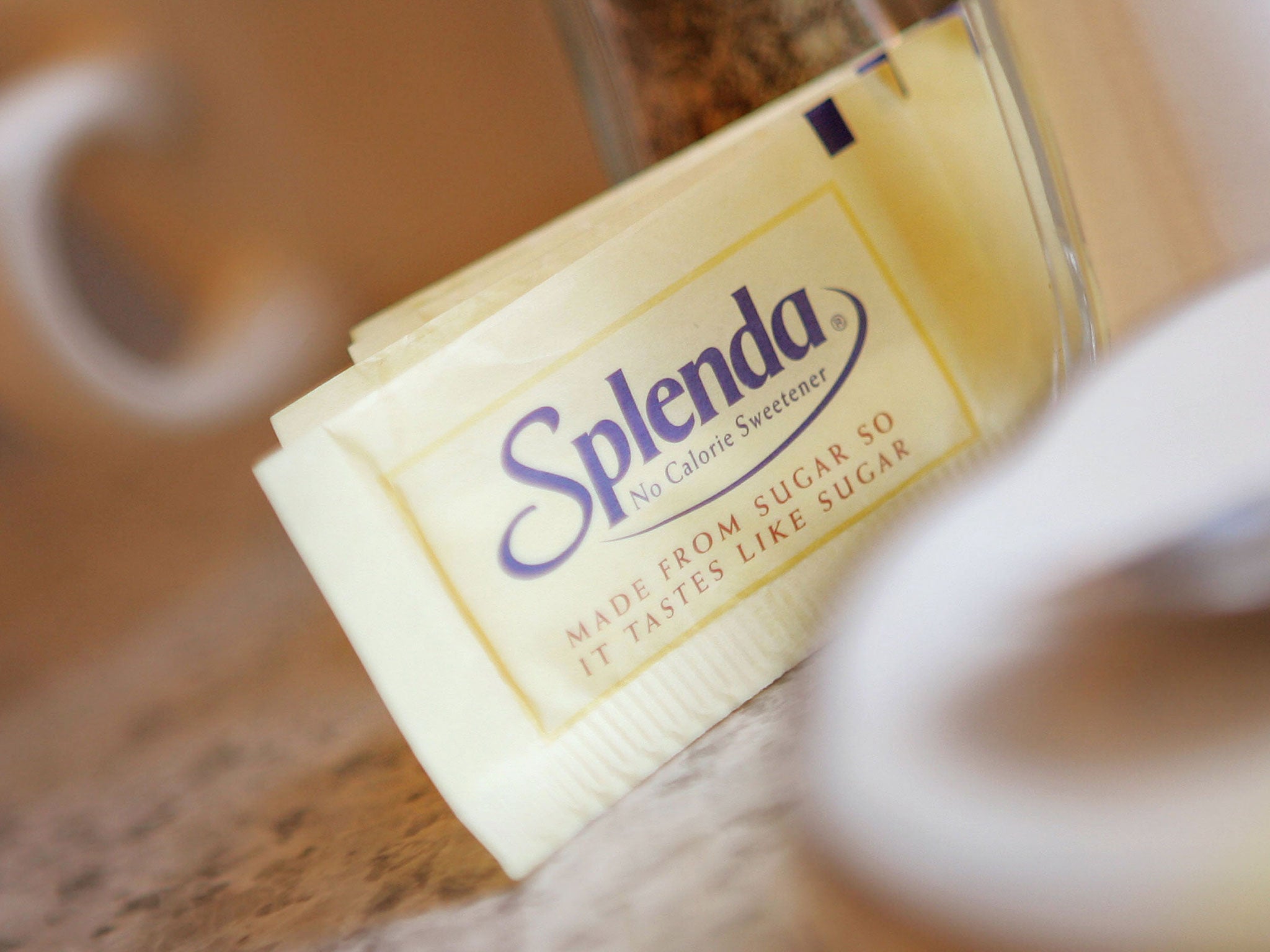Warning issued for common artificial sweetener that can interfere with cancer treatments

A popular sugar substitute may interfere with certain cancer treatments, according to new research.
The University of Pittsburgh and UPMC Hillman Cancer Center have released new research suggesting that using sucralose — a popular sugar replacement used by those trying to lose weight or manage their blood sugar levels — may make it harder to the body to respond to certain cancer treatments.
According to the research, patients with melanoma and non-small cell lung cancer who consumed high levels of sucralose responded worse to immunotherapy and had worse survival rates than individuals whose diets had low levels of the artificial sweetener.
The research also revealed a potential pathway for counteracting the potential negative effects of sucralose.
The researchers found supplements that boost the levels of amino acid arginine actually counteracted the negative effects of the sweetener on immunotherapy treatments in mice. That approach could be pursed in further clinical trials to see if it can be used in humans.

Doctor Abby Overacre, assistant professor in the Department of Immunology at the University of Pittsbugh and UPMC Hillman said in a statement that finding ways around forcing dietary changes is a worthwhile course of action, especially for cancer patients who are already dealing with the burden of the disease.
“It’s easy to say, ‘Stop drinking diet soda,’ but when patients are being treated for cancer, they are already dealing with enough, so asking them to drastically alter their diet may not be realistic,” she said. “We need to meet patients where they are. That’s why it’s so exciting that arginine supplementation could be a simple approach to counteract the negative effects of sucralose on immunotherapy.”
The study, which used testing on mice, found the negative effects were potentially caused by disruption to gut bacteria by the artificial sweetener.
It found that sucralose caused a shift in the composition of the gut bacteria in mice which allowed for an increase in bacteria that degrade arginine. The increased arginine resulted in reduced levels of the amino acid in blood, tumor fluid, and stool.
“When arginine levels were depleted due to sucralose-driven shifts in the microbiome, T cells couldn’t function properly,” Overacre said. “As a result, immunotherapy wasn’t as effective in mice that were fed sucralose.”
Diwakar Davar, associate professor of medicine at the University of Pittsburgh and a medical oncologist and hematologist at UPMC Hillman, was a collaborator on the study and noted that the negative effects of sucralose was consistent across a range of treatments for a variety of cancer types and stages.
He said that prebiotic supplements could theoretically be developed specifically for cancer patients with high levels of sucralose in their blood to help mitigate the negative effects.
The researchers hope to pursue a clinical trial to determine whether or not boosting arginine through supplements will counteract the effects of the sucralose. They also plan to expand their research to look at the effects of other artificial sweeteners — such as aspartame, saccharin, xylitol, and stevia — on the immune system and on cancer treatments.
